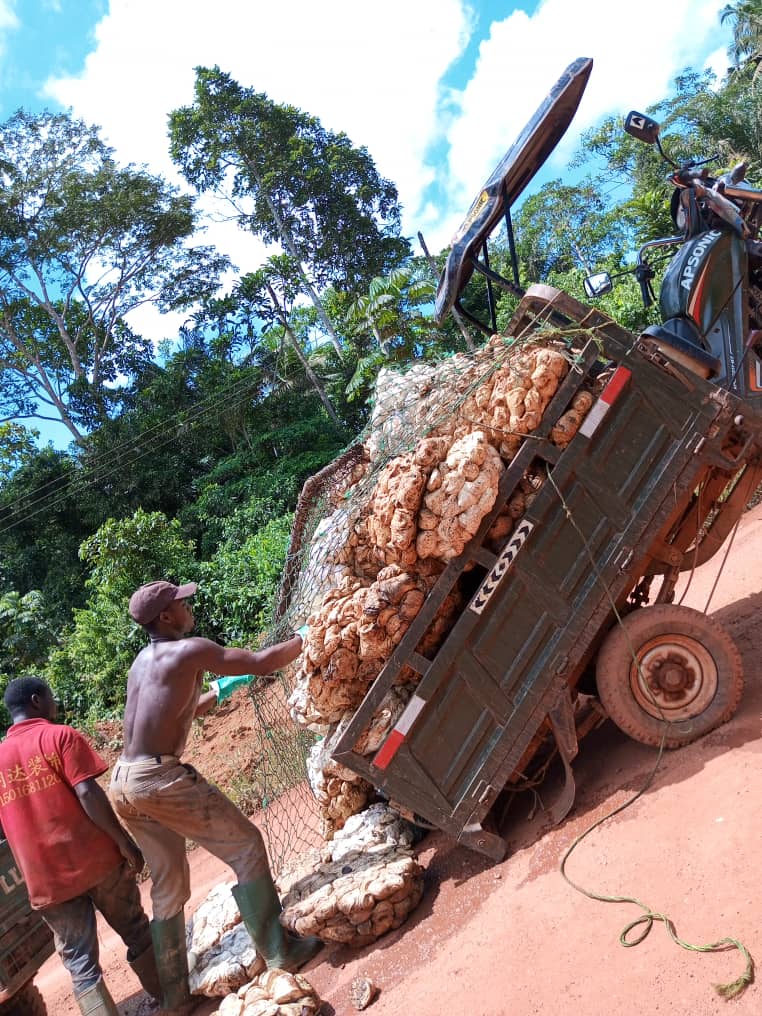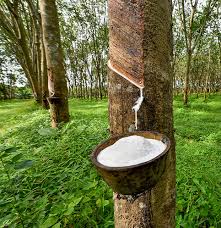The Rubber Cupslumps Traders and Aggregators Association of Ghana (RUCTAAG) has raised alarm over what it describes as major challenges threatening the sustainability of Ghana’s local rubber processing industry.
In a statement released on August 2, 2025, the association warned that current supply chain bottlenecks could cripple production if urgent measures are not taken to balance the interests of farmers, traders, and factory owners.
According to RUCTAAG, most local rubber processing factories operate without adequate plantations of their own, relying heavily on supplies from farmers and traders. However, the association says attempts by some factories to eliminate middlemen in a bid to buy rubber cheaply from farmers are creating tension across the value chain.
“Provision of raw materials to local factories benefits the country and individuals, but this should not be at the expense of other critical stakeholders, particularly traders and farmers,” the statement read.
Key Challenges Facing the Industry
RUCTAAG noted that unlike exporters, many local processors have failed to create a fair trader price, making it difficult for traders to cover basic costs such as transportation, loading, and water loss. The association cited Ghana Rubber Estate Limited (GREL) as an example, alleging that repeated appeals for a separate trader price have yielded no results.
Some processors who offer trader prices reportedly set them so low that the business becomes unsustainable. “No business can operate under such conditions,” the statement emphasized.
RUCTAAG also pointed to long delays in payments by small processing factories, sometimes stretching from one week to over a month. This, the group says, undermines cash flow and makes continuous supply nearly impossible.
The association revealed that many local processors lack the capacity to absorb a month’s worth of continuous supply. During shipping disruptions, when all traders turn to local factories, facilities often reach capacity within two weeks, leading to abrupt supply cut-offs or significant price reductions.

TCDA Steps In
These challenges, RUCTAAG says, are why the Tree Crop Development Authority (TCDA) is taking careful steps to license and regulate the rubber industry. The association warned that any sudden policy to eliminate traders and aggregators without addressing these issues would “result in farmers abandoning their farms, as seen in the past, and could even push some into illegal mining.”
RUCTAAG is calling for urgent dialogue between government, factories, traders, and farmers to ensure fair pricing, prompt payments, and sustainable production. Failure to do so, it warns, will erode confidence in Ghana’s rubber industry and undermine national efforts to boost value addition and export revenue.
Source: myinfotoday.com

